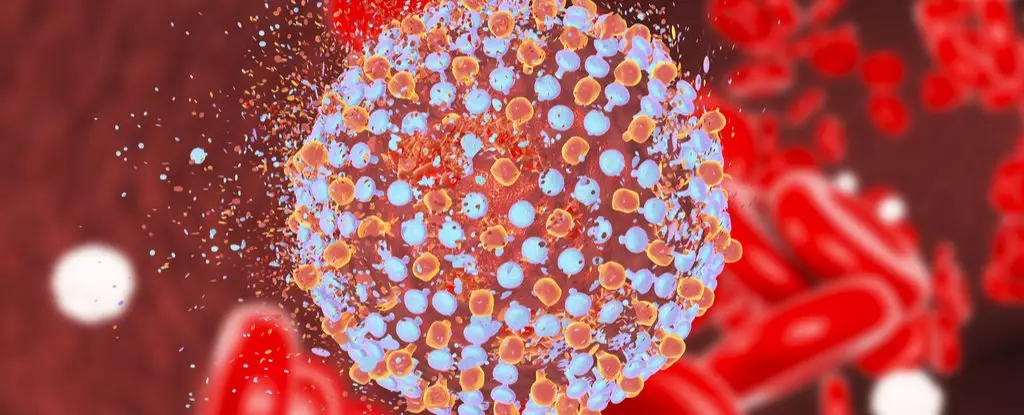The demand for hepatitis C tests has seen a significant surge in the UK following the publication of the infected blood inquiry findings in May 2024. According to the BBC, there are currently 1,750 people in the UK living with an undiagnosed hepatitis C infection after being given a transfusion with contaminated blood. This revelation has shed light on the prevalence of the virus both locally and globally, with thousands more unknowingly living with the virus.
Hepatitis C is a blood-borne virus that specifically targets the liver, leading to inflammation and liver damage if left untreated. The virus spreads through blood-to-blood contact, with cases covered by the infected blood inquiry often stemming from treatment products made with blood from infected individuals. Other sources of infection include intravenous drug use and exposure to contaminated blood during medical or cosmetic procedures, particularly in regions where hepatitis C is highly prevalent, such as parts of south Asia. Baby boomers, individuals born between 1945 and 1965, have higher rates of hepatitis C infection due to past blood transfusions and medical procedures performed before the virus was discovered. Globally, approximately 50 million people are living with hepatitis C, with 1 million new infections reported annually.
Long-term hepatitis C infection can result in severe consequences such as liver scarring (cirrhosis), liver failure, and liver cancer, which accounts for a significant number of deaths each year. The recognition of “transfusion hepatitis” in 1969 ultimately led to the discovery of hepatitis C in 1989, a breakthrough that earned the Nobel Prize in medicine in 2020. Despite routine screening of blood donations for the virus starting in 1991 in the UK, many individuals had already received contaminated blood products, leading to long-term infections and fatal liver diseases.
Hepatitis C often presents as a silent infection, with mild symptoms such as fatigue and muscle aches occasionally manifesting at the time of infection. The virus can also cause jaundice, characterized by yellowing of the eyes and skin. However, the majority of individuals infected with hepatitis C do not exhibit any symptoms. While some people are able to clear the virus naturally, the remaining individuals develop long-term infections that require treatment. Without intervention, long-term hepatitis C infection can progress to liver disease, with symptoms including fatigue, muscle aches, mental fog, mood changes, depression, and anxiety. Only when liver failure occurs do more severe symptoms like jaundice, fluid retention, confusion, and internal bleeding become apparent.
Modern treatments for hepatitis C have dramatically improved over the years, with highly effective oral medications offering cure rates close to 100% within 8 to 12 weeks of treatment. The availability of safe and low side-effect treatments has revolutionized the management of hepatitis C, allowing individuals to recover fully even with existing liver damage. The World Health Organization’s global hepatitis elimination strategy aims to reduce new infections by 90% and deaths by 65% by 2030, with the UK on track to eliminate hepatitis C by 2025.
Accessing Testing and Treatment
Despite advancements in treatment, the primary challenge remains identifying individuals unaware of their hepatitis C status. As part of the UK’s elimination strategy, free confidential hepatitis C tests are now available for home use, facilitating early detection and intervention. By promoting awareness and accessibility to testing and treatment, the UK is taking proactive steps towards eradicating hepatitis C within its borders. To learn more about hepatitis C and how to get tested, individuals can visit the Get tested for hepatitis C website for further information.
The escalating demand for hepatitis C tests underscores the importance of proactive measures to combat the spread of the virus and prevent serious health complications. Public awareness, accessible testing options, and effective treatments are crucial in the fight against hepatitis C, highlighting the significance of early detection and intervention in improving patient outcomes and reducing the burden of the disease.



Leave a Reply